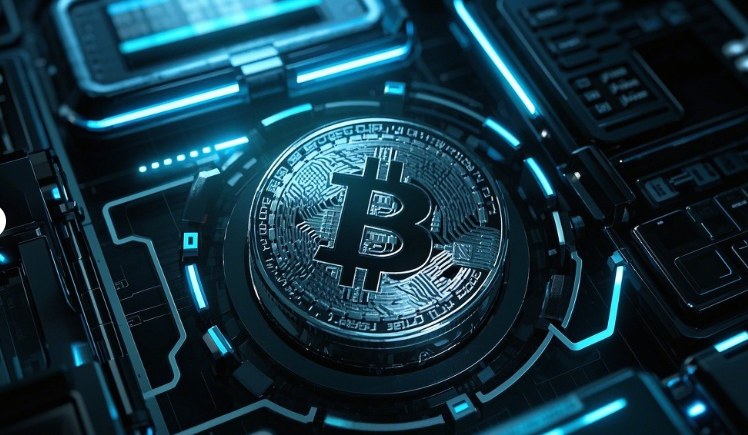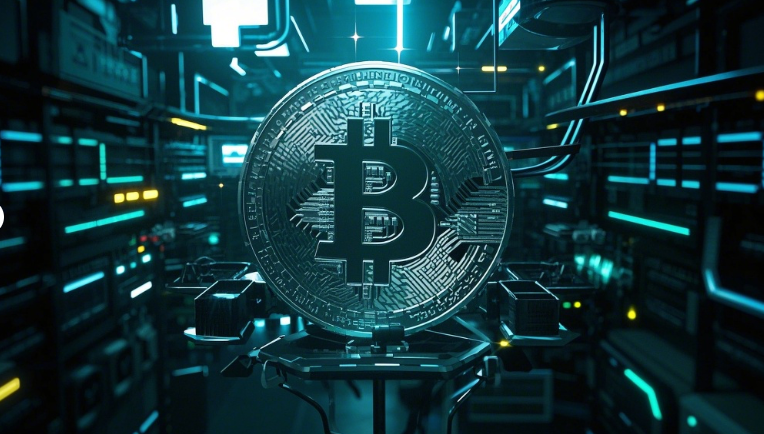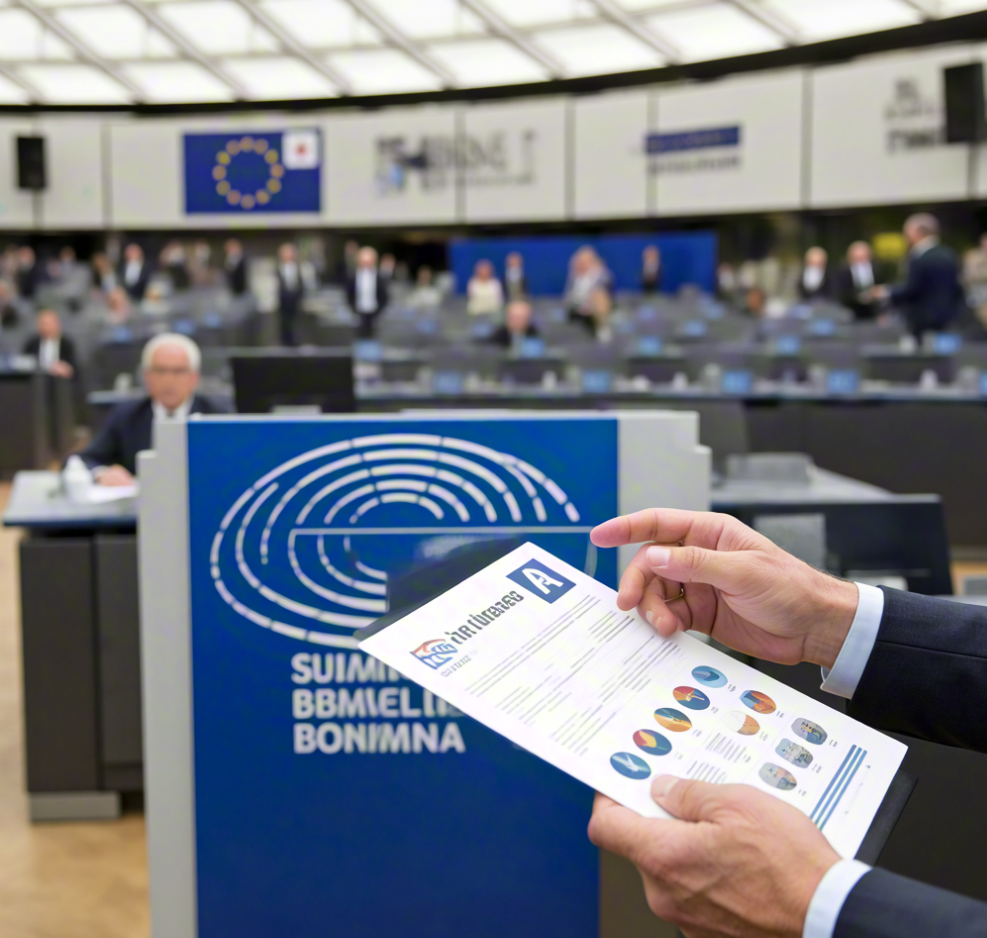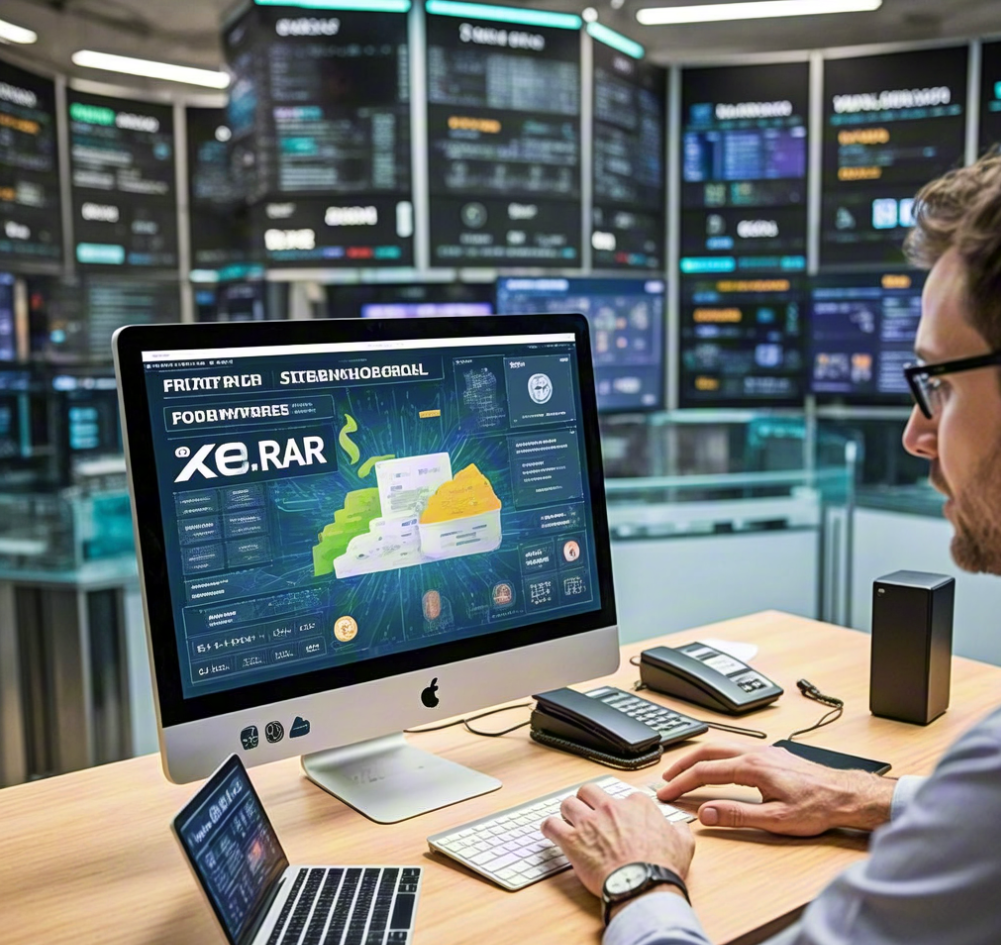In the current chaotic and rapidly changing cryptocurrency market, the rise of decentralized exchanges (DEX) has not only provided investors with new trading methods but has also sparked considerable debate over compliance and asset protection. Particularly between the United States and Singapore, two important hubs for crypto finance, investors face different legal frameworks, compliance requirements, and potential regulatory risks. So, in light of this situation, how should investors choose a safer and more compliant DEX platform? This article will provide a detailed interpretation of the global DEX compliance map, helping you understand who ultimately protects your assets.
The Rise of Decentralized Exchanges
The emergence of DEX can be seen as an inevitable trend in the development of cryptocurrencies. As blockchain technology becomes more widely adopted, DEX eliminates the central authority's control over user funds and trades through smart contracts, allowing users to trade without intermediaries. This model reduces transaction costs and enhances security, but it also brings compliance issues.

When selecting a DEX, many investors may consider factors such as the platform's liquidity, user experience, and transaction fees, but compliance should not be overlooked. Compliance is vital not only for the legal operation of the platform but also for the security of users' assets. If you trade on an unregulated DEX, your assets could be at risk of theft or freezing by regulatory authorities. Therefore, understanding the regulatory policies concerning DEX in different countries is crucial for investors.
United States: A Market with Tightening Regulations
As one of the largest financial markets in the world, the U.S. has relatively strict regulations on cryptocurrencies and DEXs. Regulatory agencies such as the Securities and Exchange Commission (SEC) and the Commodity Futures Trading Commission (CFTC) have gradually strengthened their oversight of the crypto market in recent years. Many DEXs in the United States face legal risks due to a lack of compliance frameworks.
Recently, the SEC has taken legal action against several well-known exchanges and projects, claiming they conducted securities transactions without registration. This means some decentralized exchanges may also fall under their regulatory scrutiny. To mitigate these legal risks, some DEXs have started making compliance efforts, such as increasing customer identification (KYC) processes and anti-money laundering (AML) measures.

While the regulatory environment in the U.S. is complex, it also offers opportunities for compliant platforms (such as Coinbase and Kraken), which are exploring the possibility of adding DEX features. For investors, choosing a compliant platform in the U.S. for trading is a relatively safe option, although compliance requirements may lead to increased trading costs.
Singapore: A Friendly Regulatory Environment
In contrast to the tense regulatory environment of the U.S., Singapore is widely regarded as a more welcoming environment for cryptocurrency trading. In Singapore, the Monetary Authority of Singapore (MAS) maintains a relatively open attitude toward the regulation of digital assets and related businesses, aiming to create an ecosystem that promotes innovation and compliance.
In recent years, Singapore has enacted the Payment Services Act (PSA), which aims to provide a clear regulatory framework for digital payments and cryptocurrency businesses, including DEXs. This creates a solid compliance foundation for Singaporean DEXs, allowing them to operate legally and attract a large number of investors.
The advantages of compliance for Singaporean DEXs have accelerated capital inflow into their markets, which not only improves platform liquidity but also ensures the security of user assets. Additionally, Singapore's legal environment is more transparent, allowing investors to gain relatively comprehensive legal protections when conducting trades.

How Should Investors Choose a Compliant DEX?
In the different regulatory environments of the U.S. and Singapore, investors should consider the following key factors when choosing a DEX:
Compliance: Prefer platforms that have been certified by regulatory authorities, as this significantly reduces your legal risks. Pay attention to whether the platform has a legitimate license and if it adheres to local laws and regulations.
Security: Research the DEX's security measures, including audits of smart contracts, historical security incidents, and their response strategies. Some platforms regularly publish security audit reports to enhance transparency and user trust.
Risk Assessment: Consider the political and economic stability of different regions, as these factors can directly influence changes in regulatory policies. For instance, in some countries like China, regulatory policy changes can occur rapidly and unexpectedly.
User Experience: While compliance and security are crucial, a good user experience is equally essential. Factors such as DEX interface design, transaction speed, and fee structure can all affect the convenience of trading and the overall user experience.
Community and Support: A strong community and good customer service can provide timely assistance when you encounter problems, thereby further enhancing the trust in the platform.
Choosing a compliant DEX is not only about ensuring smooth trading processes but also about protecting the assets you have worked hard to accumulate. In the distinctly different regulatory environments of the U.S. and Singapore, investors need to think carefully and select the platform that best suits their investment strategy and risk tolerance. As global awareness of crypto assets and decentralized exchanges increases, we believe that more compliant frameworks and safer trading environments will emerge in the future.
No matter where you are, understanding and mastering the story behind the DEX compliance map is the key to protecting your investments. We hope this article helps every investor who values asset security and compliance and wish everyone success in growing wealth in the crypto market while receiving the protection they deserve.
















No comments yet